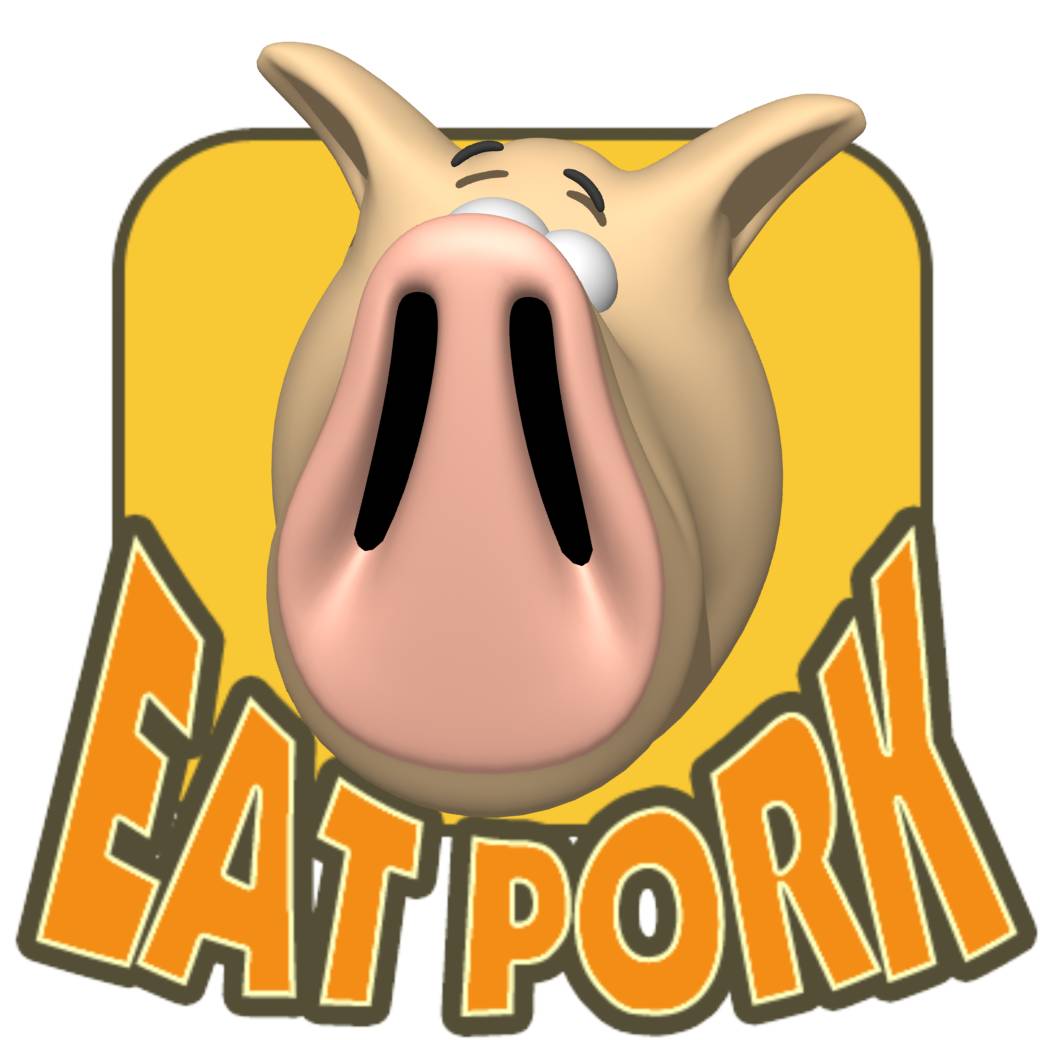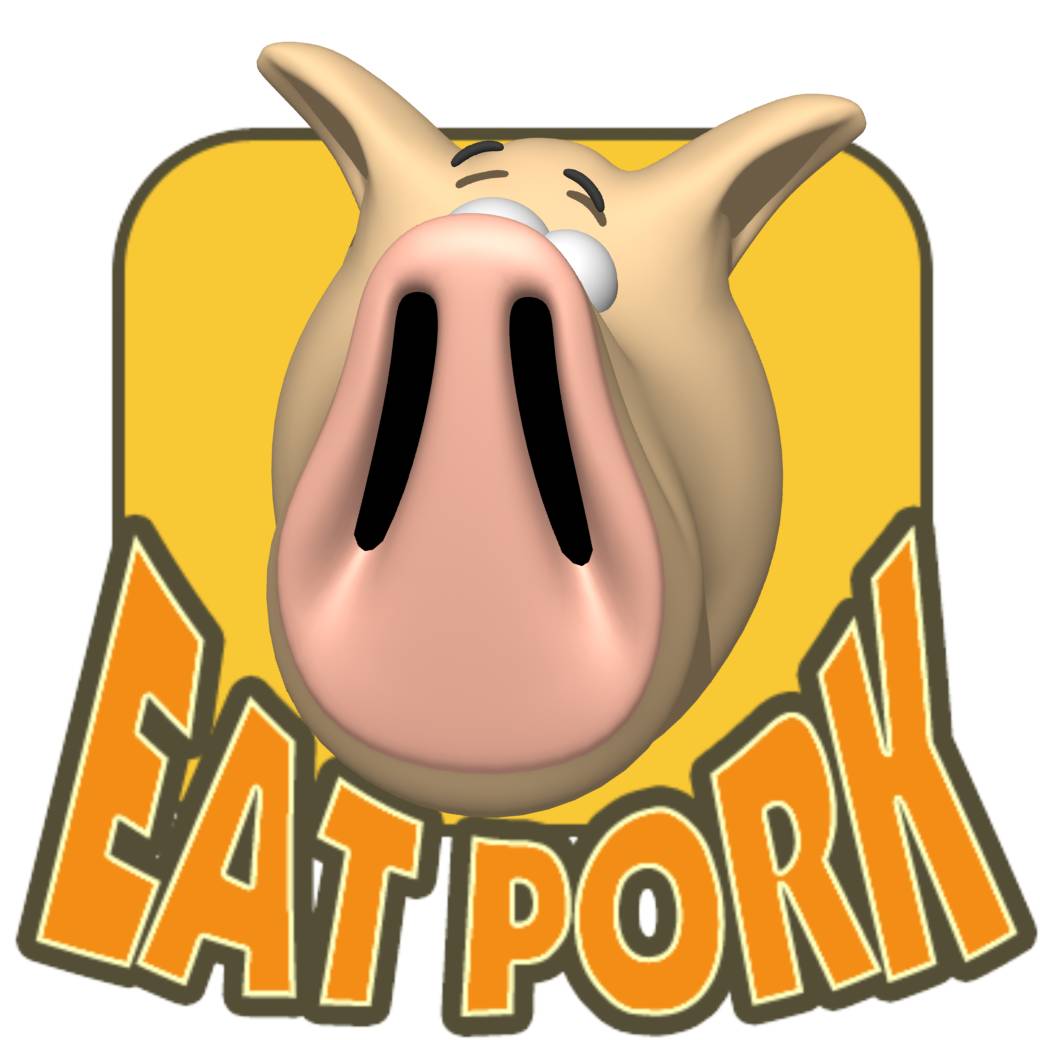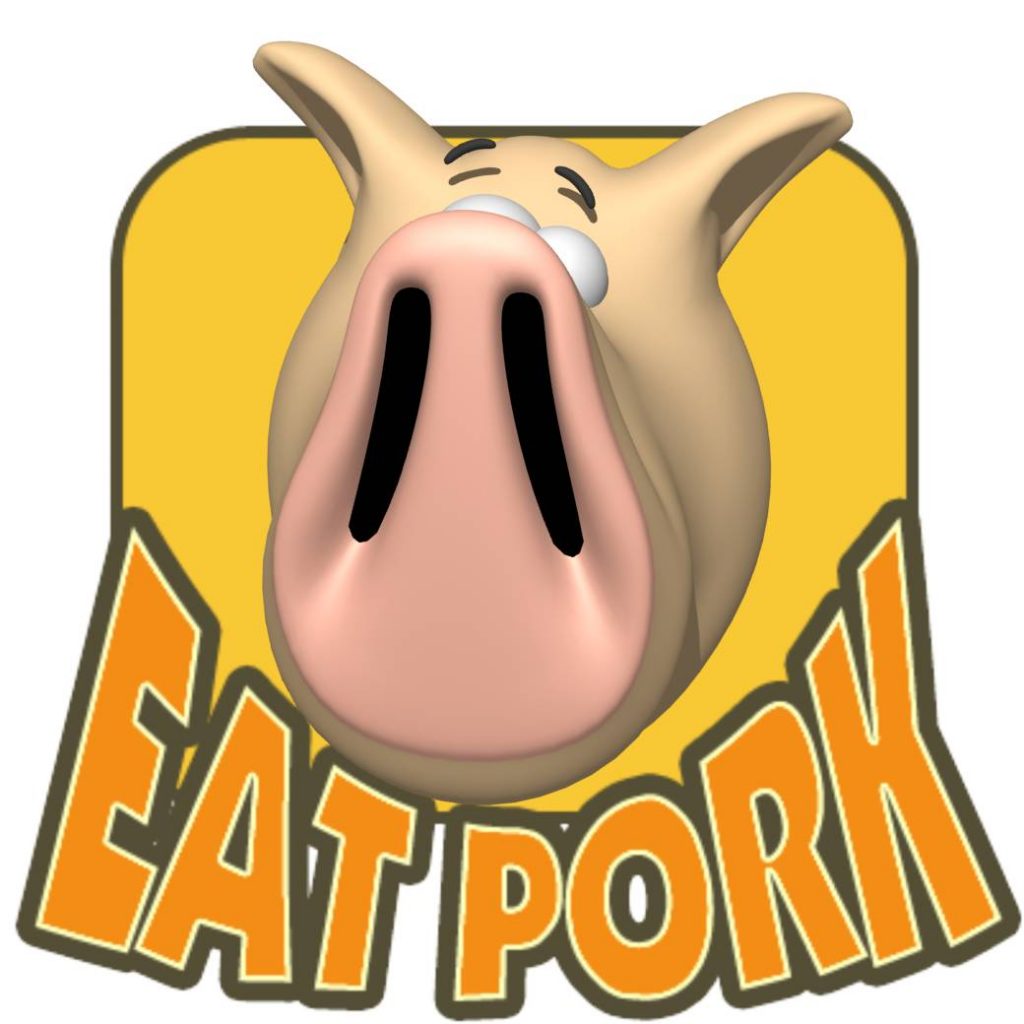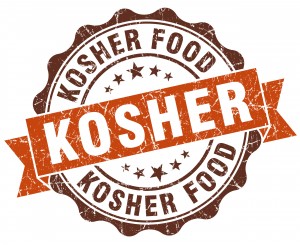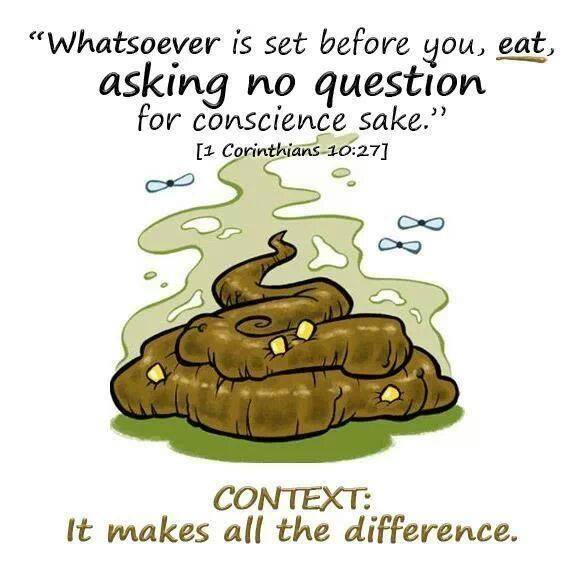Did Yeshua really say that we could eat anything that we could get our hands on and stuff into our mouth as many in the church believe and teach? Let’s use our brains and think this thing out!
Mark 7:19, Thus He declared all foods clean. This phrase is excluded from the KJV, but is included in the NAS, NIV and some other modern translations. Some Bible teachers see this phrase as Yeshua’s endorsement for eating unclean meats such as pork. Even if this phrase were in the original language, Yeshua would never have considered swine to be food—a very non-Jewish concept and out of context with a Torah-adherent society. Furthermore, the Jews in his audience would have strongly reacted against Yeshua saying such a thing. What’s more, earlier in this passage Yeshua upholds the Torah over men’s tradition (Mark 7:6–13), and so Yeshua wouldn’t be teaching anything against the Torah by saying we can eat swine!
Not only that, the context of this passage has nothing to do with eating meat. It has to do with eating bread (v. 2). No mention of meat is made here. Only bread, which in verse two is the Greek word artos meaning “food composed of flour mixed with water and baked.” This has nothing to do with meat. The issue was whether it was mandatory to wash one’s hands before eating bread, which was not a Torah law, but was an extra-biblical Jewish legal law. Period. This is what Yeshua was addressing.
The Hebrew Roots Version, which is a translation from the Aramaic, confirms the KJV rendering of this verse. However, some of the modern texts (e.g. the NIV and NAS) add the phrase to the end of this verse, “In saying this [Yeshua] declared all foods clean.” This variant phrase in the newer English translations is the source of the confusion in the minds of many who read this.
The KJV is translated from the Greek family of manuscripts called the Textus Receptus or Continue reading

